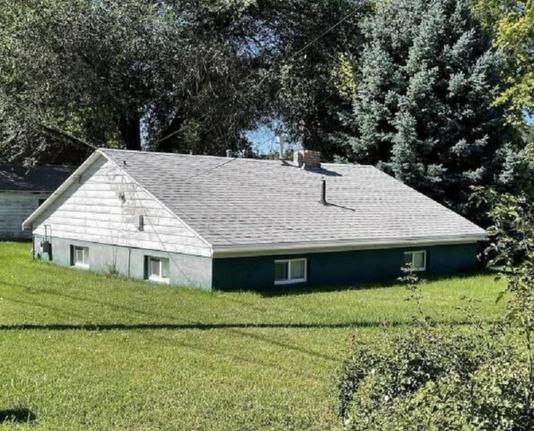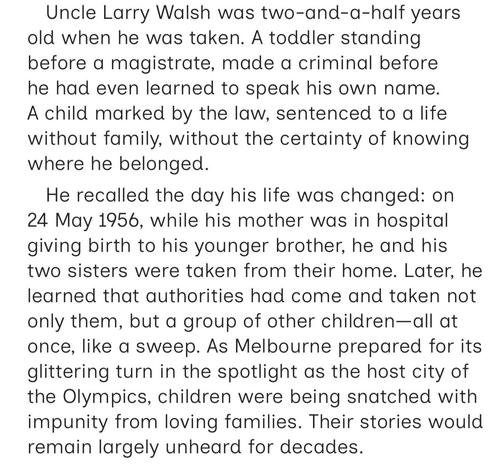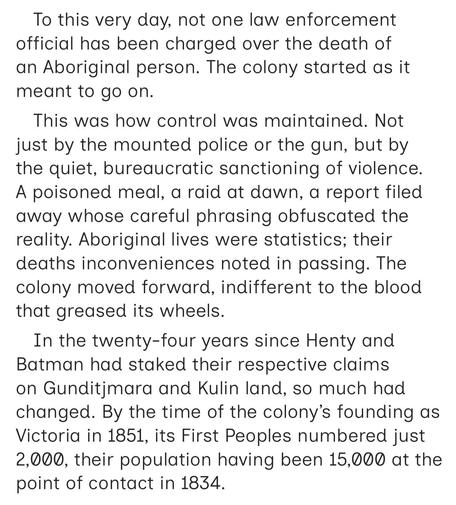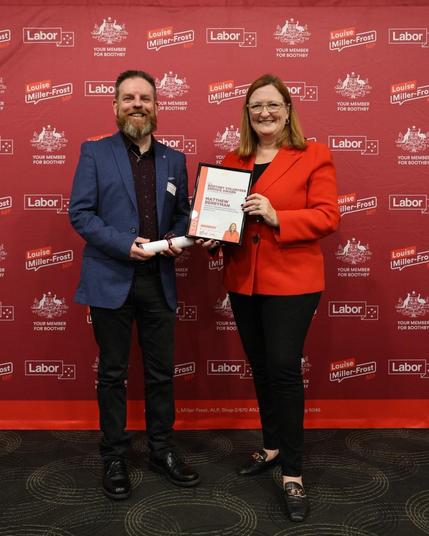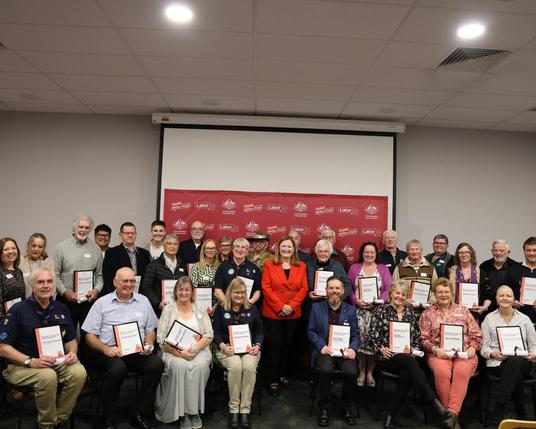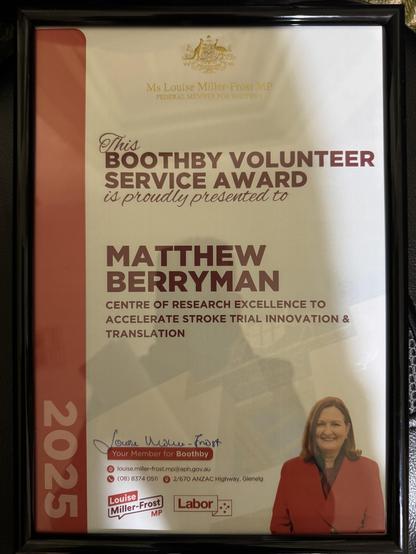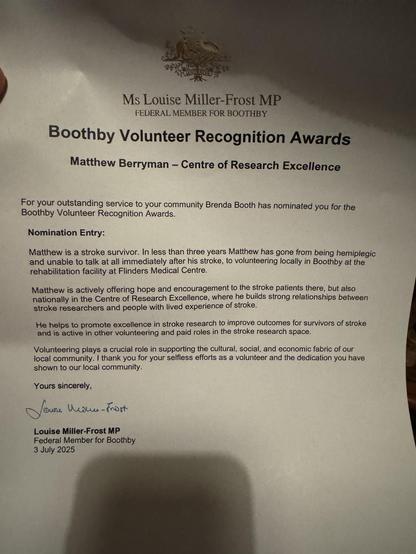Last week I learnt that a #BloodPressureMonitor needs to be serviced and calibrated every two years, and, for this, it must be sent back to the manufacturer:
Servicing can be more expensive than replacing the device. We love e-waste, right? 😤
At my doctor's suggestion, I've just replaced my decades-old monitor with a new, cheap but approved one. The new machine gives meaningfully lower readings than the old (by about 8mmHg systolic), and so I won't end up having treatment I don't need.
Given that you're going to replace the machine from time to time, consider getting the cheapest approved one you can find from a reputable manufacturer. Do you really need Bluetooth, an app, and an attachment for walking the dog?

